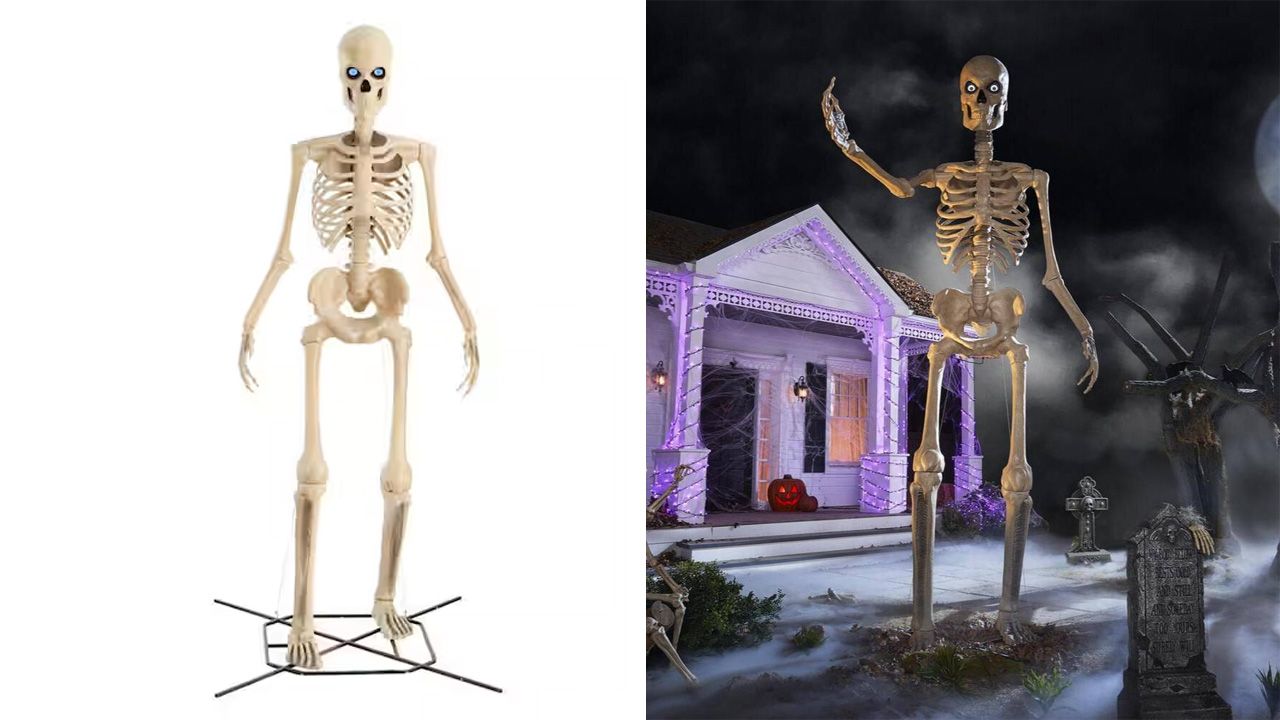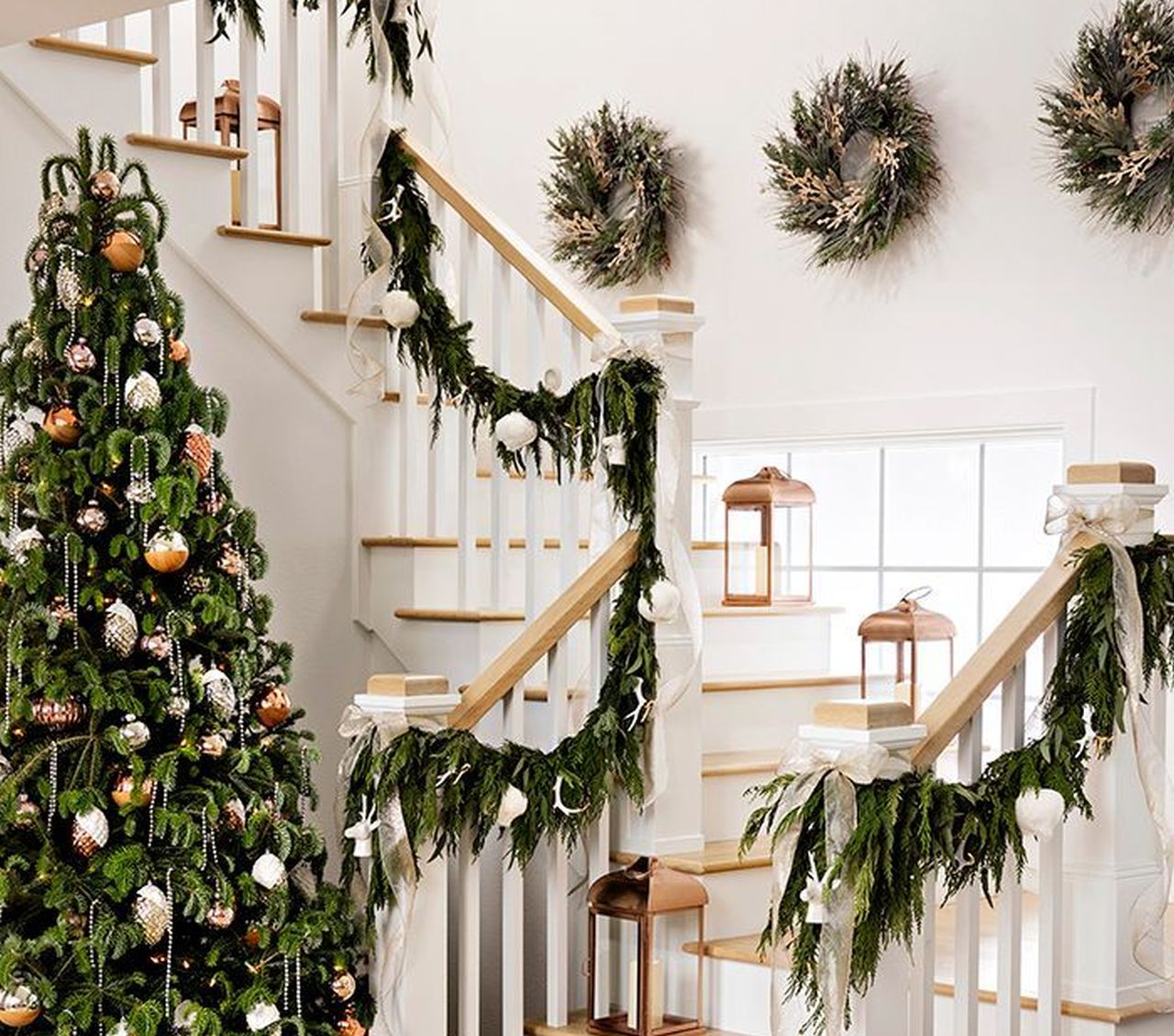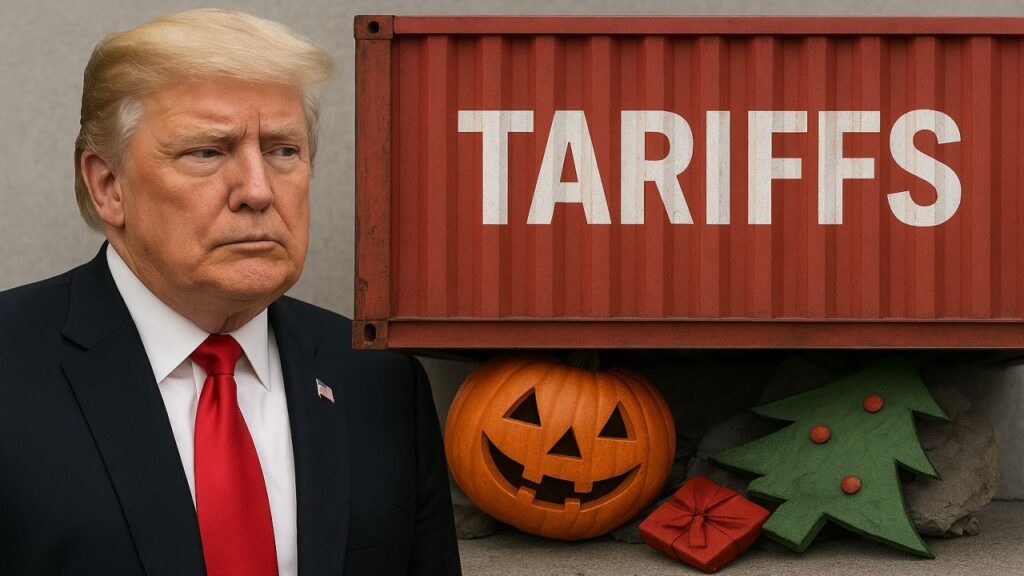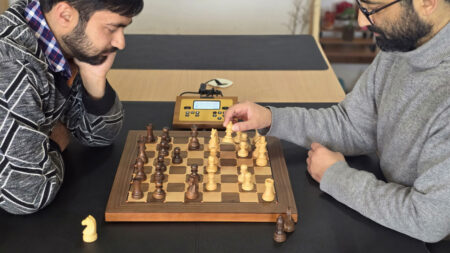We are weeks away from Halloween. Right around when people usually begin to fill their shopping carts with spooky décor they wish to adorn their homes with for the festivity. Whether you buy online or prefer the traditional brick and mortar stores, this year, holiday shopping is not going to be usual either way. The tariff tiff between President Donald Trump and the world is shaking up things rather unusually, the brunt of which is beginning to be felt.
Since April 2025, Trump tariff policy has focused on electronics, plastic products, and festive goods, most of which are imported from China, which has been at the center of the tiff. Trump administration’s initial tariff escalation, with up to 145 percent on Chinese imports (now capped at 30 percent until November 10, 2025) and new reciprocal tariffs, the US holiday season stands disrupted. These tariffs are fundamentally altering the seasonal retail, and are likely to create price hikes, fewer selections on the shelves, and logistical chaos.
The tariff war with China and other countries has had a ripple effect on the US holiday industry that often sources festive decorations from overseas in the summer every year. American retailers usually stock their shelves around April-May for Halloween and Christmas later in the year, and of course, mid-year Summerween. However, the increased tariffs have both buyers and consumers worried about the product quality. The best solution is to either bear the brunt of the additional costs of Chinese imports or buy the products from places less affected by tariffs, which could mean cheaper quality.
Trump’s Tariff War on Halloween
In early May, New Jersey’s Halloween & Costume Association, a business lobby group representing 45 American companies, said that Halloween decorations and costumes could retail at double their pre-tariff prices. It said that ‘Halloween costumes earlier sold for US $20 could hike up to US $40.’
China isn’t the only manufacturing hotspot impacted; other hubs such as Bangladesh, Vietnam, and Cambodia have been threatened with increased US tariffs, which could in turn hurt the holiday market in the US. Thanks to the turmoil created by Trump’s tariff war, Home Depot’s annual Halloween lineup unveiling was pushed back to late July from its usual in May.

Although most of Home Depot’s products are produced within North America, Skelly, the 12-foot skeleton, and other Halloween décor items are made in China by a California company, Seasonal Visions International. Given that imported Chinese goods have been subject to fluctuating tariffs, this has made things a little difficult for both retailers and consumers.
Earlier this year, US costume and toy companies sounded the alarm that newly proposed tariffs on Chinese imports could hurt Halloween and Christmas markets. Robert Berman, Halloween & Costume Association Board Member and President of Rasta Imposta/Imposta Costumes, a leading US costume manufacturer, said, “This is an existential moment for our industry…Halloween isn’t like other holidays. If products don’t land on time or become too expensive for families, Halloween simply doesn’t happen. There is no backup plan.”
Halloween has grown from just a celebration to a full-on consumerism holiday, rivaling Christmas. As per the National Retail Federation’s Halloween Spending Survey 2024, US customers were expected to drop $11.6 billion on Halloween items last year, as compared to 2023’s $12.2 billion. 2025 will further alter the data, as consumers’ sourcing options continue to drop amidst the fluctuating tariffs.

Many retailers, such as Joann Fabrics and At Home, have been hit with the tariffs, while others might have to resort to using cheap materials to meet the demand or pay the increased tax rates. As such, the US wholesale prices increased in July as tariffs affected the market, consequently increasing the rates of many imported items, ranging from food to home décor and apparel, including Halloween costumes and such.
Last year, Spirit Halloween’s 6-foot Michael Myers animatronic was priced $280, which has increased to $310 in 2025. The same applies to Lowe’s 12-foot Bone Collector animatronic, which was listed for $399 last year, sprang to $599 in spring this year, and is now retailing for $449. Meanwhile, the Halloween costume industry is also bearing the brunt of increased tariffs, with people either deciding against buying new costumes or canceling their orders. Consumers have been lamenting about increased prices and deteriorating quality of holiday supplies at top retailers such as Target and Lowe’s.
Cascading Impact on Christmas and Other Holidays
Halloween isn’t the only holiday impacted by Trump’s tariff policy. Christmas and other holidays will also be adversely affected if the trade war volatility is not resolved soon. Similar supply chain pressures threaten Christmas décor and toys, many of which have already been delayed or cancelled. Balsam Hill, the online retailer of artificial Christmas trees and other decorations, fears that the holiday catalog will be thinner this year with fewer items, as the fluctuating tariffs keep things uncertain for the foreseeable future.
Mac Harman, CEO of Balsam Hill parent company Balsam Brands, shared, “The uncertainty has led us to spend all our time trying to rejigger what we’re ordering, where we’re bringing it in, when it’s going to get here. We don’t know which items we’re going to have to put in the catalog or not.”

US retailers have already factored in the seesawing tariffs in their holiday planning by slimming down their product catalogs. Both retail suppliers and consumers have scaled back their holiday lines to deal with hefty taxes or expensive imports going unsold, thanks to increased prices. It is, however, the lack of clarity that has disrupted the US toy industry, which imports about 80 percent of its products from China, effectively impeding the Christmas gift sales.
Retailers and customers usually start placing holiday orders for certain items two months in advance, which hasn’t been the case this year. According to Reuters, the recent delay on China tariffs does little to save the upcoming holiday season as retailers and buyers have sought to cut back on their supply and demand, respectively, with all the uncertainty surrounding the imports. Lower inventory levels mean fewer options and higher prices, which just dampens the holiday spirit.
Holidays in Limbo
To put it in simple words, Trump’s on-again, off-again tariffs are hurting the holiday market by putting everything in limbo. Retailers are scratching their heads, trying to figure out what to do. They can’t very well go ahead and order large shipments of holiday goods, only for the tariffs to hike the prices, which, in turn, will result in fewer sales and unsold inventory. The tariffs could make holiday shopping more expensive and unpredictable.
Prices at Walmart have climbed in recent weeks on items like baby products and home goods. Walmart is one of America’s largest retailers, and its tariff-driven price increases have already started to hit seasonal items and Halloween goods, which will shape the interior design and holiday landscape for the second half of the year.
While these price hikes haven’t been noticeable at large, more significant increases in the coming months can be upsetting to the retailers and consumers. This change will be more evident during the holiday season as many Christmas decorations and toys are made in China.
Conclusion
US retailers are widely reliant on the Chinese market for holiday decorations. If US consumer wants new Halloween and Christmas décor this year, they will have to shell out a lot more than the previous years. The tariff negotiations may yet bring some semblance of control for the sellers and buyers, but the damage has already been done. Consumers remain cautious, while retailers are forced into scenario-based planning with an unsteady policy timeline. Everyday items, from candy to paper goods, are witnessing higher prices as companies like Hershey and P&G pass on tariff costs, which could hurt Halloween sales and experience badly.
Halloween is the most vulnerable at the moment, thanks to the uncertainty revolving around the tariff till this month. Although Trump has extended the tariff halt on China till mid-November, Halloween sales have already been hit, with not sufficient time to put in orders, manufacture, and sell decorations in time for the spooky season.
Christmas, Black Friday, and end-of-year retail are also at substantial risk. Businesses are urging policymakers to take into account the seasonal timing and clarity before further tariff moves. In the battle between trade war and festive celebration, families may end up paying with disappointment, whether you are a retailer or a consumer.
Follow Homecrux on Google News!




![MeatStick V Wireless Meat Thermometer is Tailored for Pro Cooks [Hands-On Review] MeatStick V Wireless Meat Thermometer Review (5)](https://cdn.homecrux.com/wp-content/uploads/2026/02/MeatStick-V-Wireless-Meat-Thermometer-Review-5-450x253.jpg)